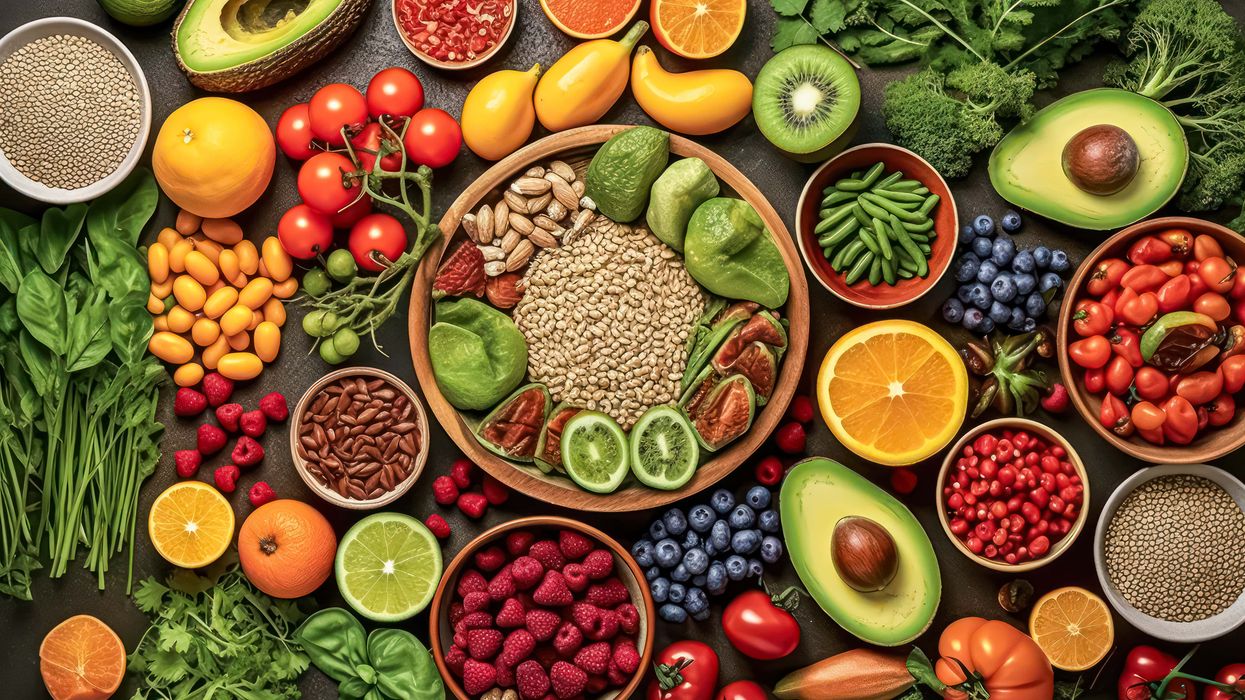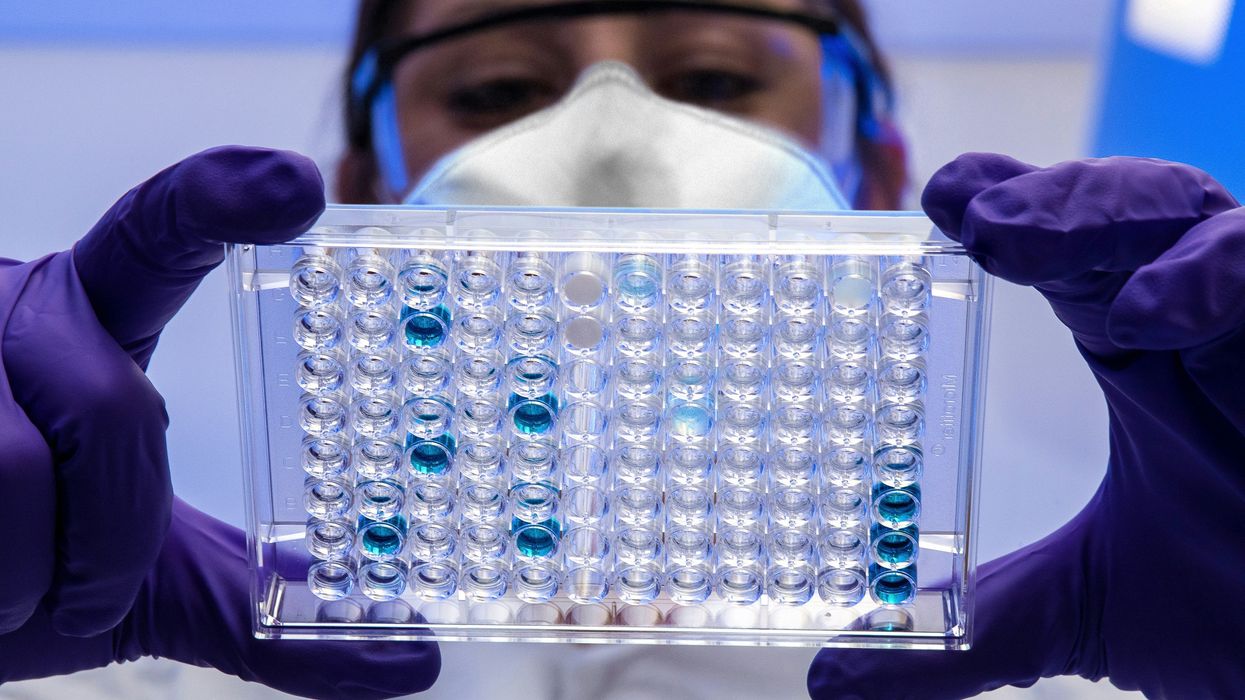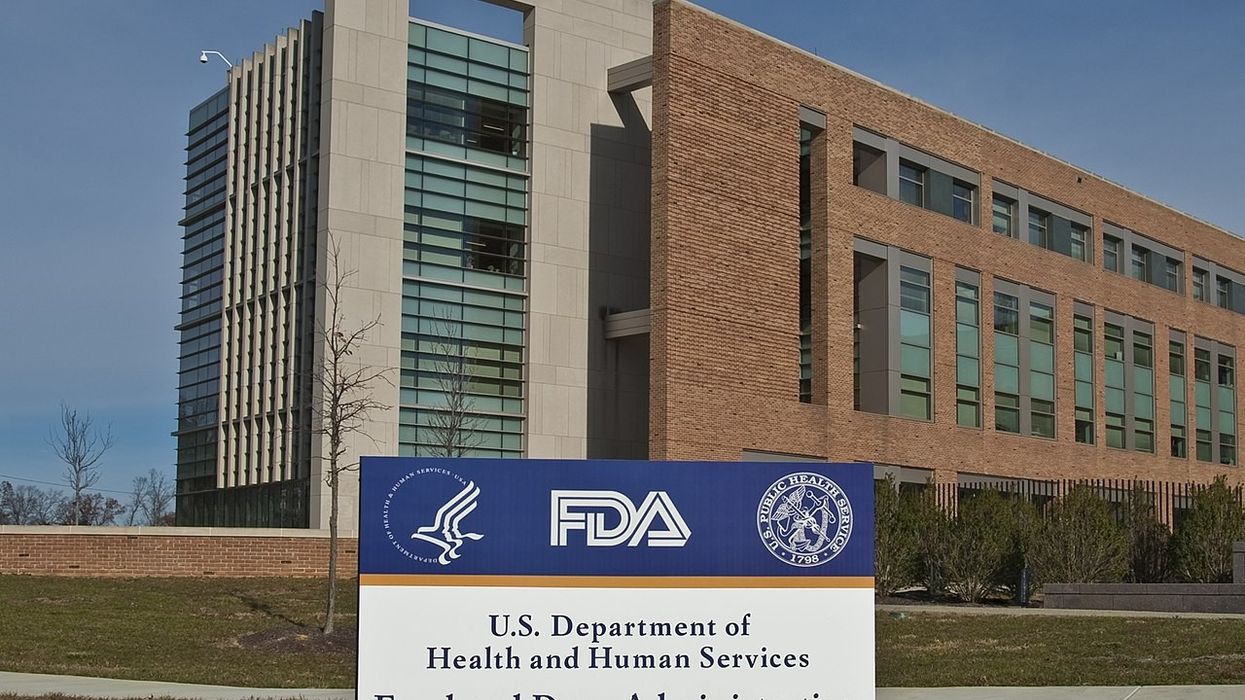In recent years, detox diets have become a popular trend among those looking to flush toxins from their body, lose weight quickly, or achieve a seemingly elusive ‘cleanse’. However, scientific scrutiny reveals that the principles behind these diets are based more on myth than on medical fact. It is important to understand the myth and more important to understand the how to properly care for yourself.
The Myth of Detox Diets
Detox diets often promise to remove toxins and impurities from the body, claiming to offer benefits such as improved energy, weight loss, and a stronger immune system. These diets typically recommend a period of fasting or strict dietary restrictions followed by a regimen of juices, teas, or supplements. Yet, according to medical experts, detox diets are unnecessary and can sometimes be harmful.
The human body is already equipped with highly efficient systems for detoxification, primarily the liver, kidneys, lungs, and skin. These organs work continuously to eliminate toxins without the aid of specialized diets. Dr. Edzard Ernst, a professor of complementary medicine, has pointed out that the term “detox” is a marketing myth, as the body already has mechanisms to rid itself of waste products effectively (Ernst, 2012).
A review published in the Journal of Human Nutrition and Dietetics underscores that there is little evidence to support the efficacy of commercial detox diets. Researchers from this review suggest that these diets do not enhance toxin elimination and provide no more benefit than standard dietary recommendations (Klein & Kiat, 2015).
What Really Works for Detoxification
Instead of turning to unproven and potentially unsafe detox and fad diets, people should focus on supporting their body’s natural detoxification processes through well-established health practices:
- Maintain a Balanced Diet: Consuming a diet rich in fruits, vegetables, whole grains, and lean proteins can help maintain liver function and overall health. Foods such as broccoli, berries, garlic, and nuts are particularly beneficial due to their high antioxidant content, which supports natural detox pathways (Liska et al., 2006).
- Stay Hydrated: Water is crucial for detoxification as it helps the kidneys to flush out toxins. Ensuring adequate hydration helps your body’s natural ability to cleanse itself effectively (Popkin, D’Anci, & Rosenberg, 2010).
- Regular Exercise: Physical activity aids in detoxification by promoting circulation and helping to flush toxins through sweat. Exercise also helps maintain healthy body weight, which supports the detox organs to function optimally (Sears & Ricordi, 2012).
- Get Adequate Sleep: Sleep allows your brain to reorganize and recharge itself, as well as remove toxic waste byproducts that have accumulated throughout the day. A study in the Journal of Neuroscience revealed that sleep plays a crucial role in detoxifying the brain (Xie et al., 2013).
- Limit Alcohol and Tobacco Use: Reducing the intake of substances that are hard on the liver and lungs respectively can significantly help the natural detoxification processes.
While the idea of a quick fix in the form of a detox diet is appealing, it is largely a myth unsupported by scientific evidence. A better approach is to support your body’s innate detox systems with a balanced diet, regular physical activity, adequate hydration, quality sleep, and a lifestyle that limits exposure to toxins. By adopting these healthy habits, you can ensure that your natural detoxification systems function efficiently, leading to long-term health and well-being.
References
- Ernst, E. (2012). The role of complementary and alternative medicine. BMJ, 344, e607.
- Klein, A. V., & Kiat, H. (2015). Detox diets for toxin elimination and weight management: a critical review of the evidence. Journal of Human Nutrition and Dietetics, 28(6), 675-686.
- Liska, D. J. et al. (2006). The detoxification enzyme systems. Alternative Medicine Review, 3(3), 187-198.
- Popkin, B. M., D’Anci, K. E., & Rosenberg, I. H. (2010). Water, hydration, and health. Nutrition Reviews, 68(8), 439-458.
- Sears, M. E., & Ricordi, C. (2012). Role of exercise and diet on chronic disease. Biomedicine & Pharmacotherapy, 64(3), 127-135.
- Xie, L. et al. (2013). Sleep drives metabolite clearance from the adult brain. Science, 342(6156), 373-377.















 Dr. Cary S. Kaufman teaches the "Essentials of Oncoplastic Surgery" course through the National Consortium of Breast Centers, providing breast surgeons around the world with advanced techniques for optimal breast surgery outcomes.
Dr. Cary S. Kaufman teaches the "Essentials of Oncoplastic Surgery" course through the National Consortium of Breast Centers, providing breast surgeons around the world with advanced techniques for optimal breast surgery outcomes.

